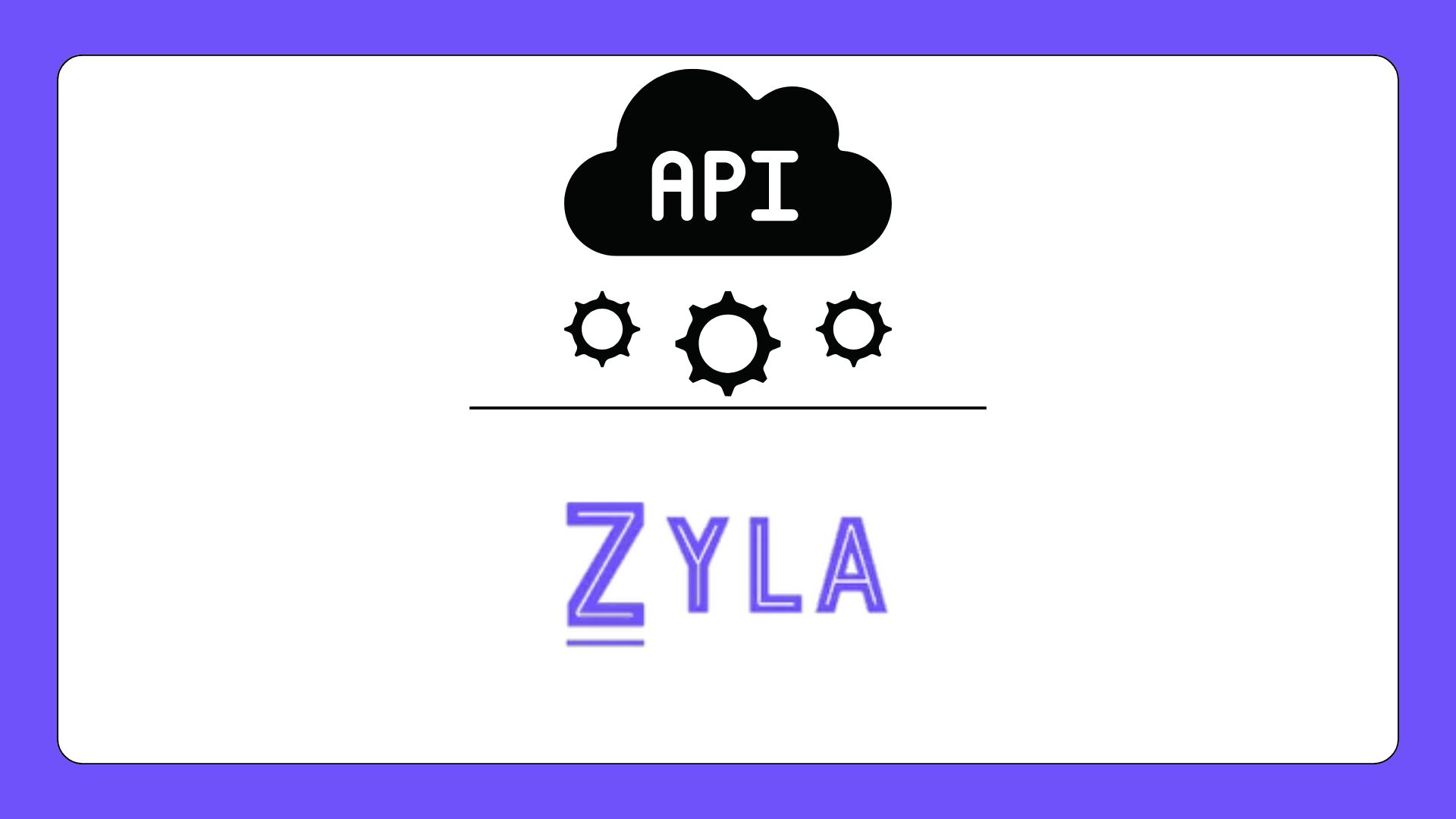Masks Detection APIs For Real Time Monitoring

Cutting-edge AI technology has made Masks Detection APIs a revolutionary tool that can quickly identify individuals wearing masks. Platforms like Zyla API Hub, which offer scalable and seamless solutions appropriate for modern needs, have taken the lead in integrating these cutting-edge technologies.
Leveraging Masks Detection APIs for Evolving Security and Monitoring Needs
As organizations increasingly embrace biometric and automated security systems, Masks Detection APIs can be seamlessly integrated with access control solutions to improve overall security protocols. In areas like offices, industrial sites, or restricted zones, ensuring compliance with mask-wearing policies can be automated by using these APIs as part of the broader access control system.
For example, Masks Detection APIs can be incorporated with card readers, facial recognition, and even fingerprint scanners to create a more efficient and secure access process. With AI-powered detection, these systems will not only confirm identity but also verify mask compliance in real-time. This automated process helps reduce human error, speeds up entry procedures, and ensures a consistent approach to health and safety measures.
As access control systems evolve, the integration of these APIs will become more crucial. The ability to quickly adapt to changing protocols will allow businesses to provide a more flexible security solution, adapting to both health-related and general safety requirements, even during times of crisis or uncertainty.
Contactless technology has become a significant trend in modern security and retail. Masks Detection APIs can further enhance contactless operations, especially in high-traffic areas such as airports, shopping malls, and concert venues. By embedding mask detection into surveillance and monitoring systems, businesses can streamline processes that require large-scale crowd management while ensuring compliance with health protocols.
In retail and hospitality, these APIs can be used to maintain health standards while minimizing disruptions to customer experiences. Integrating this technology with store surveillance allows businesses to monitor mask compliance in real-time, offering customers a safer shopping experience without manual intervention.
Cost-Effectiveness and Scalability of Masks Detection Solutions
One of the most significant benefits of leveraging Masks Detection APIs is the cost-effectiveness they offer, especially for businesses of all sizes. Unlike traditional security systems that can require expensive infrastructure investments, APIs offer a scalable, affordable solution that businesses can integrate without significant upfront costs.
For SMEs, implementing a Masks Detection API can be a game-changer. The API model allows businesses to pay for only what they need, and they can scale the solution as they grow. Whether it’s a small retail shop, an office building, or a busy restaurant, APIs can provide the necessary functionality to ensure public health compliance while maintaining budget constraints.
In addition to cost savings, APIs can help businesses avoid the expenses that come with hiring additional security personnel for monitoring mask compliance. Automation of this process reduces operational costs while still maintaining the necessary level of security and health protocols.
For large enterprises, Masks Detection APIs provide a scalable solution that can be integrated across multiple locations and platforms. As businesses grow, their security and monitoring needs increase, making it difficult to manage safety protocols manually across a large network. With APIs, enterprises can easily scale their operations by integrating mask detection across numerous locations without significant technical hurdles. Zyla API Hub offers solutions that can integrate into a variety of systems, from local CCTV cameras to cloud-based surveillance networks, ensuring that businesses can manage their operations effectively no matter how large their network becomes.







